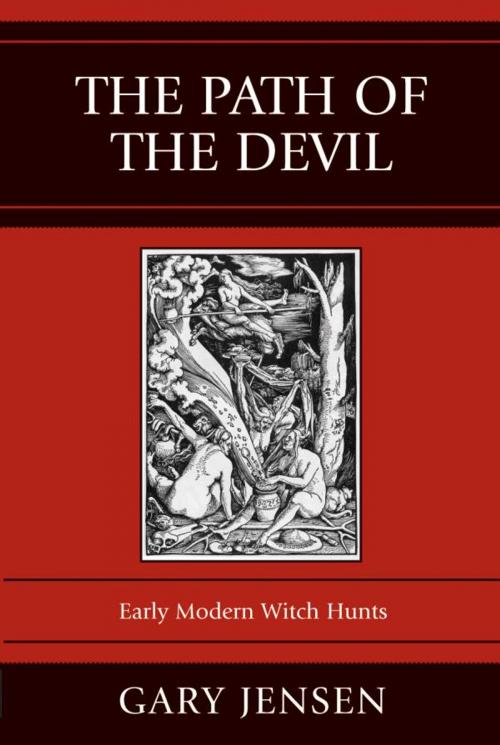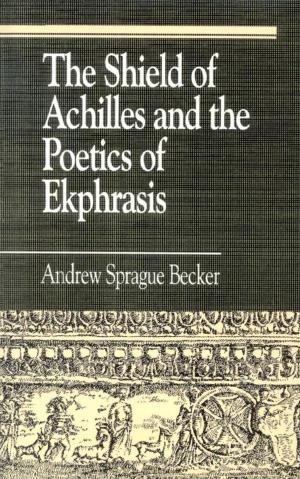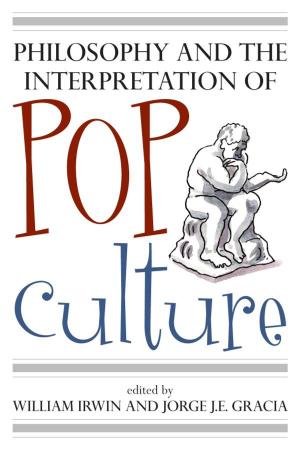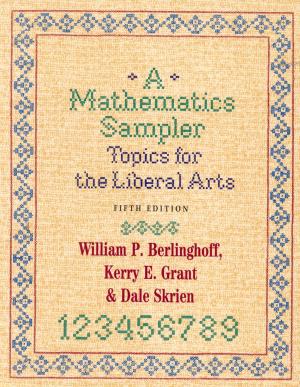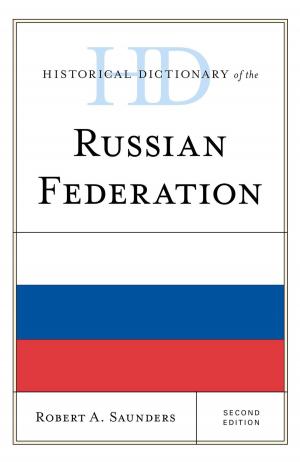The Path of the Devil
Early Modern Witch Hunts
Nonfiction, Religion & Spirituality, Reference, History, Christianity, Church, Church History, Social & Cultural Studies, Social Science, Discrimination & Race Relations| Author: | Gary Jensen | ISBN: | 9781461645092 |
| Publisher: | Rowman & Littlefield Publishers | Publication: | September 11, 2006 |
| Imprint: | Rowman & Littlefield Publishers | Language: | English |
| Author: | Gary Jensen |
| ISBN: | 9781461645092 |
| Publisher: | Rowman & Littlefield Publishers |
| Publication: | September 11, 2006 |
| Imprint: | Rowman & Littlefield Publishers |
| Language: | English |
The Path of the Devil is organized around three fundamental theories: witch hunts as functional sacrificial ceremonies, realistic conflict and strategic persecution, and scapegoat phenomena. All conjectures point to the role of epidemic disease, war, and climactic and economic hardships as considerable factors. However, such crises have to be differentiated: when war is measured as a quantitative characteristic it is found to inhibit witch hunts, while epidemic disease and economic hardship encourages them. The book integrates the sociologies of collective behavior, contentious conflict, and deviance with cross-disciplinary theory and research. The final chapters examine the Salem witch trials as 'a perfect storm,' and illustrate the general patterns found for early modern witch hunts and 'modern witch hunts,' which exhibit similarities that are found to be more than metaphorical.
The Path of the Devil is organized around three fundamental theories: witch hunts as functional sacrificial ceremonies, realistic conflict and strategic persecution, and scapegoat phenomena. All conjectures point to the role of epidemic disease, war, and climactic and economic hardships as considerable factors. However, such crises have to be differentiated: when war is measured as a quantitative characteristic it is found to inhibit witch hunts, while epidemic disease and economic hardship encourages them. The book integrates the sociologies of collective behavior, contentious conflict, and deviance with cross-disciplinary theory and research. The final chapters examine the Salem witch trials as 'a perfect storm,' and illustrate the general patterns found for early modern witch hunts and 'modern witch hunts,' which exhibit similarities that are found to be more than metaphorical.
